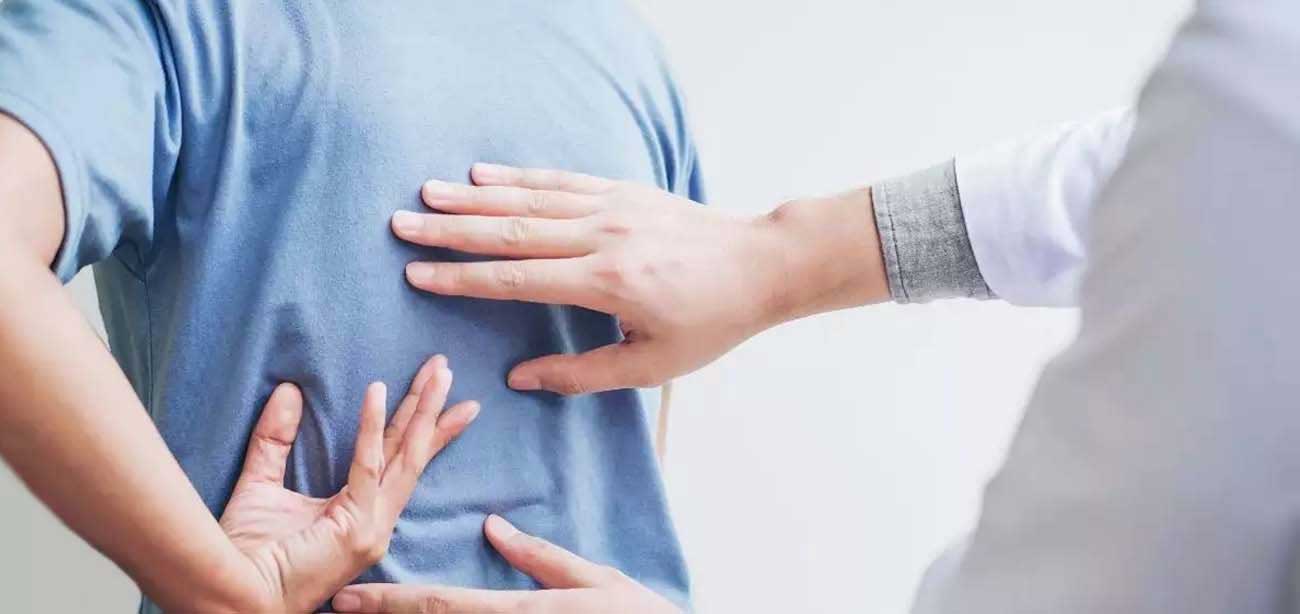
Back pain can affect anyone, regardless of age, but it is more common in people who are between 35 and 55 years of age.
In the majority of cases, the cause of back pain can be linked to the way that the bones, muscles and ligaments in the back work together.
Treating acute back pain
Most cases of acute back pain can be treated using self-help techniques. These are discussed below.
Over-the-counter (OTC) painkillers:
Paracetamol is usually recommended to treat acute lower back pain. If paracetamol proves ineffective, a non-steroidal anti-inflammatory drug (NSAID) such as ibuprofen may be used instead.
Stronger painkillers:
If your back pain symptoms are severe, your GP may prescribe a mild opiate-based painkiller, such as codeine, which can be taken in combination with paracetamol or a NSAID.
Muscle relaxants:
If your back pain symptoms are very severe, your GP may prescribe a muscle relaxant such as diazepam.
Diazepam can make you feel very sleepy, so do not drive if you have been prescribed this medication. After your course of diazepam has ended, you should wait at least 24 hours before driving. Diazepam will also make the effects of alcohol worse, so you should avoid alcohol while you are taking the medication.
Diazepam has the potential to be habit-forming, and can cause a number of unpleasant withdrawal symptoms when coming of the medication. To minimise these effects, your GP will not usually prescribe more than seven days worth of the medicine.
Exercise:
It’s important to remain as physically active as possible. While bed rest may provide some temporary relief from your symptoms, prolonged bed rest will make your symptoms worse.
Recommended exercises for back pain include walking and gentle stretching.
Your back pain may be so severe that you need to have some time off work. However, if this is the case, you should aim to return to work as soon as possible. While you may not feel any immediate benefit, research has shown the people who continue to work during an episode of back pain recover quicker than people who stay at home.
Compression packs:
Many people with back pain find that using either hot or cold compression packs helps reduce pain. You can make you own cold compression pack by wrapping a bag of frozen food in a towel. Hot compression packs are often available from larger pharmacies. You may find it useful to use one type of pack after the other.
 Call For Appointment
Call For Appointment